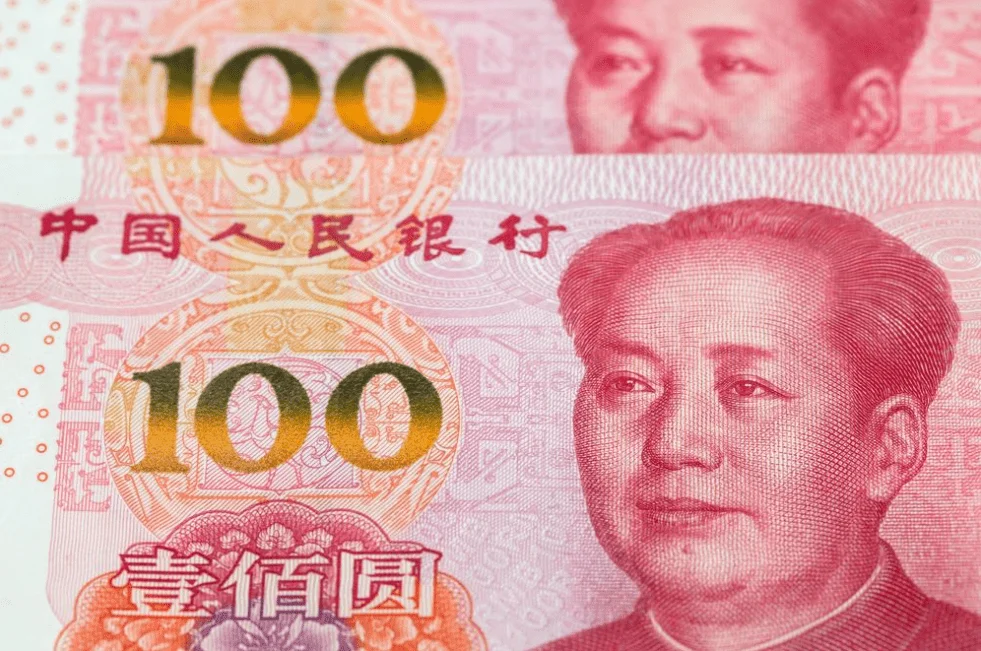China responded to US senators’ allegations that the digital yuan would be used as a tracking and tracing tool during the 2022 Beijing Winter Olympics.

Even before the Olympic flame is lit at the 2022 Beijing Winter Games, tensions between US politicians and Chinese authorities are mounting.
During a Tuesday news briefing, Chinese Foreign Ministry spokesperson Zhao Lijian addressed a letter sent by US senators to the US Olympic and Paralympic Committee warning against the usage of the digital yuan at next year’s Olympic games.
Lijian urged US politicians to “abide by the spirit stipulated in the Olympic Charter, and to “stop making sports a political matter and stop making troubles out of the digital currency in China,” the South China Morning Post said.
Lijian proposed that policymakers in the United States “figure out what a digital currency really is” in light of previous moves.
Senators Marsha Blackburn, Roger Wicker, and Cynthia Lummis penned a letter to Susanne Lyons, chair of the United States Olympic and Paralympic Committee, earlier this week.
The three demanded officials prohibit US athletes from using or accepting the Chinese digital currency, citing the allegation that the digital yuan can be “tracked and traced” by the People’s Bank of China (PBoC).
The senators asserted that the Chinese Communist Party might use the digital money to monitor visiting athletes upon their return to the United States, claiming that the additional capabilities of the digital yuan enable Chinese officials to “know precisely what someone purchased and where.”
The three requested in the letter that a briefing on the subject be held within 30 days for the Senate Committee on Commerce, Science, and Transportation.
On the other hand, China views the upcoming Beijing Winter Olympics as the first test of the country’s central bank’s digital currency by overseas users.
In April, PBoC deputy governor Li Bo stated at the Boao Forum for Asia, “For the upcoming Beijing Winter Olympics, we were trying to make e-CNY available not only to domestic users but also to international athletes and like visitors.”
